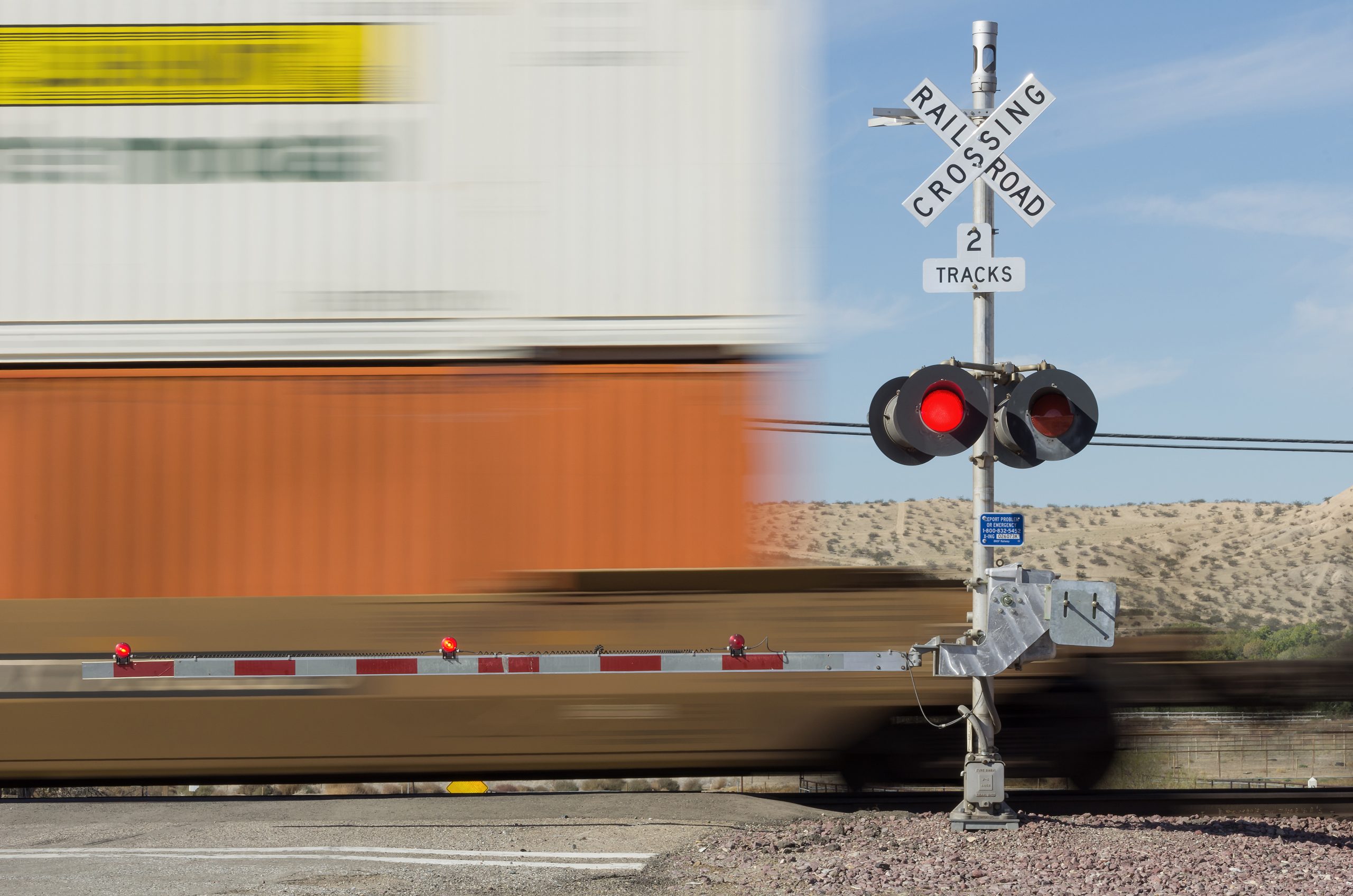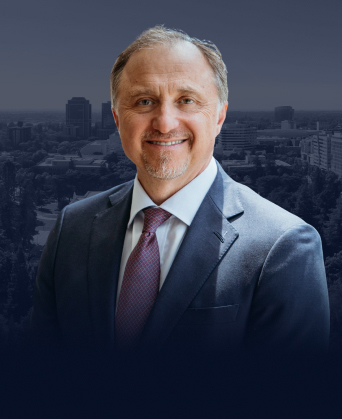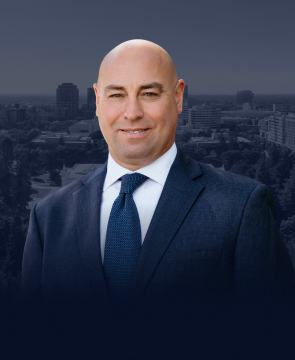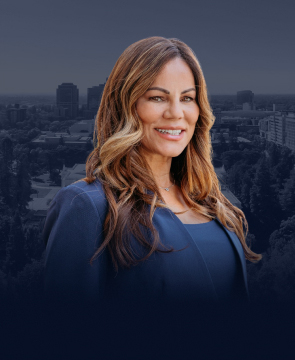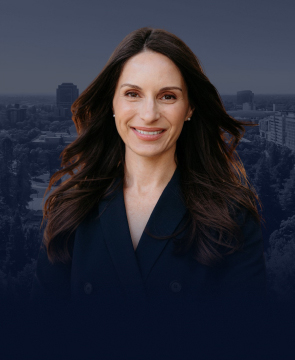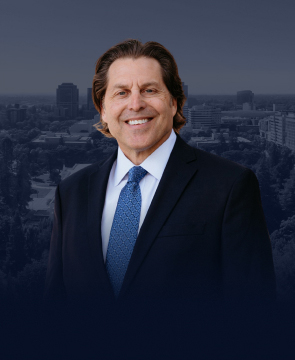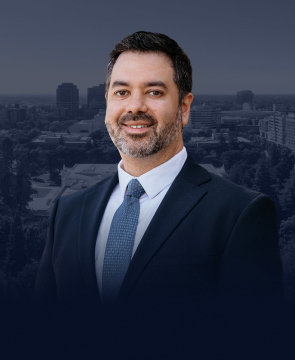Sacramento Train Accident Attorneys
Riding the train is a way of life for many in the Sacramento metropolitan area and Northern California. The Sacramento Regional Transit light-rail system carries 35,000 passengers on a typical weekday and more than 12.5 million in a year. The Capitol Corridor intercity rail service operates 30 daily Amtrak trains that serve 1.5 million riders from 17 train stations linking the Sacramento region to Silicon Valley/San Jose and the Sierra foothills.
With this many people taking advantage of the rail services, it is unavoidable that accidents will occur and passengers will be injured. This could mean one passenger who has a slip-and-fall accident on a train platform, someone hit by a light-rail or freight train at a malfunctioning crossing, or dozens injured in an Amtrak derailment. No matter what types of train accidents took place, the injured or their loved ones should always seek an independent investigation.
Determining who is responsible for a train accident and compelling them to pay just compensation to the victims is often a complex legal task. At Demas Law Group, our skilled Sacramento train accident attorneys bring to each case:
- 25 years of experience working on complex personal injury and wrongful death claims
- Extensive knowledge of how federal and local public transportation agencies like Amtrak and SacRT operate, why accidents involving trains happen, and what the law requires railroads to do to keep passengers and the public safe
- A 99 percent rate of success in obtaining settlements or verdicts
- VIP-level service for clients who need compassion and personalized attention after being hurt or losing a loved one in a tragic train accident
- Our “no win, no fee” guarantee to not charge you a cent until we have recovered compensation for you
Railroad companies are major corporations with armies of experienced railroad attorneys on staff. Sacramento Regional Transit is a government agency with its own rules, regulations, and lawyers, as well as a public image to protect. Don’t fight them on your own.
Schedule a free consultation with our Sacramento train accident lawyers today to discuss how you were injured and the legal options available to you. Our intention is to pursue the compensation you need for full financial recovery and moving forward with your life.
Our Attorneys Have the Knowledge and Experience You Need
Train accident litigation can be incredibly complex due to the multiple governing agencies that spring into action when an accident occurs.
Amtrak passenger rail and Union Pacific freight trains are governed by the Federal Railroad Administration (FRA). The regulations are strict and include mandatory drug and alcohol testing of train operators, certification of safety equipment, and periodic maintenance of engines and freight cars.
Sacramento’s Regional Transit light-rail system falls under several jurisdictions. It adheres to regulations established by the Federal Motor Carrier Safety Administration (FMCSA) for vehicles that carry large numbers of passengers, which are just as strict as the Federal Railroad Administrations. Because SacRT is a government agency, if you’ve been injured in a light rail accident, you must file a complaint with Regional Transit within six months of your accident to later file a lawsuit.
In addition, the National Transportation Safety Board (NTSB) is an independent federal agency that investigates and determines the probable cause of selected passenger rail accidents. In rail accidents with multiple injuries, the NTSB sends a multi-member investigative team and takes over most aspects of the accident site. The FRA also investigates about 100 train accidents a year, including all fatalities to railroad employees or contractors.
Every train or light-rail accident is different, but it’s possible that you may have a claim against any of numerous parties involved. Our investigators move as soon as possible after a train accident to ensure evidence is preserved at the scene. We also contact independent railroad experts to help investigate the incident. We work to obtain and pore through the volumes of records rail organizations are required to maintain, and we know how to recognize what may have caused or contributed to an accident.
Our law firm works parallel to, but separate from, governmental agency investigations to develop our own evidence and/or to independently confirm or refute their evidence and conclusions.
